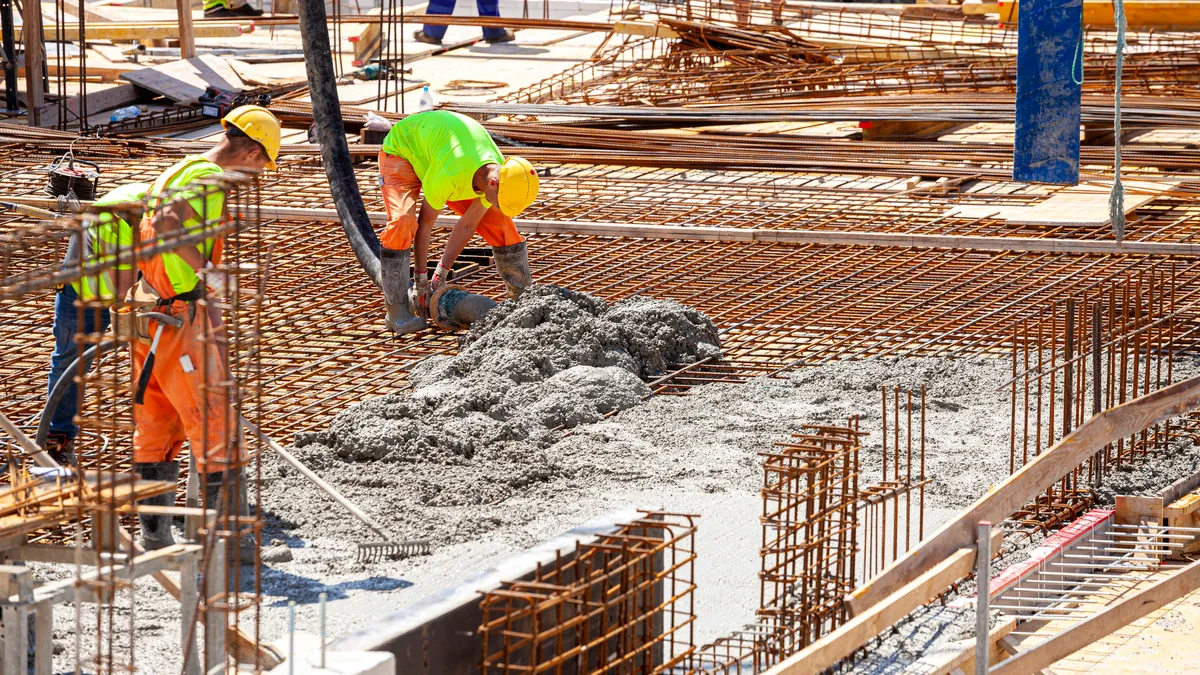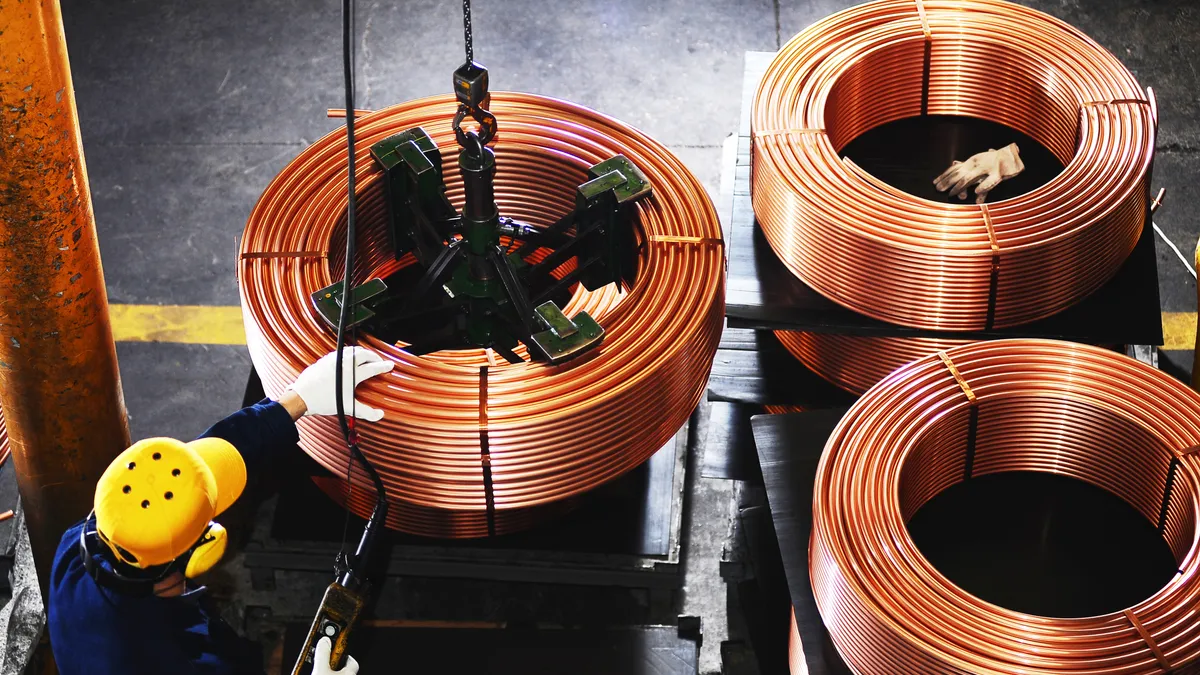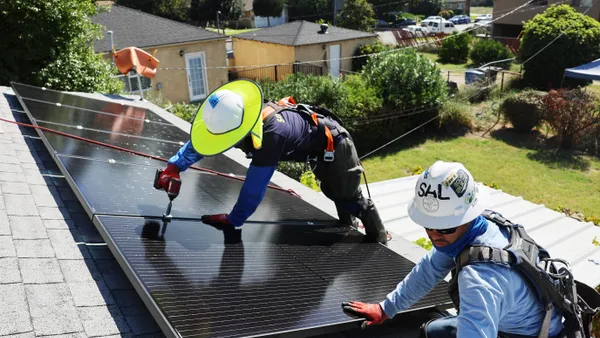Dive Brief:
- The Environmental Protection Agency is offering $100 million in grants to help construction material makers reduce production-related pollution.
- The agency will award 40 grants between $250,000 and $10 million over the next five years. The grants will support businesses that manufacture, remanufacture and refurbish construction materials and products, or states, tribes and nonprofits that support those businesses.
- The funding will also help manufacturers better disclose emissions data and make low-carbon informed procurement decisions.
Dive Insight:
The grants, which are funded through the Inflation Reduction Act, are part of the EPA’s wider initiative to combat climate change by reducing greenhouse gas emissions in the construction materials manufacturing space.
“By shining a light on leading low and no carbon products, providing direct incentives to deeply decarbonize industrial facilities, and creating a market for these products, the IRA is driving down emissions in one of the hardest to abate sectors while supporting US jobs and industry,” U.S. Senate Majority Leader Chuck Schumer said in a statement.
Construction materials such as concrete, steel and glass contain high embodied greenhouse gas emissions, meaning the carbon impact is greater, according to the EPA. This is due to processes used to extract raw materials such as limestone and silica, which are then converted into building products.
Embodied greenhouse gas emissions also comprise 11% of the world’s yearly greenhouse gas emissions, according to the trade group the American Institute of Architects.
In March, clean energy nonprofit RMI reported that companies can reduce embodied carbon emissions by using low-carbon, carbon-neutral or carbon-storing materials, such as wood, hemp and bamboo. Real estate developer Spiritos Properties used 3D modeling, prefabrication and CNC machining — a computerized manufacturing process — to produce low-carbon timber materials, RMI said in its report.











